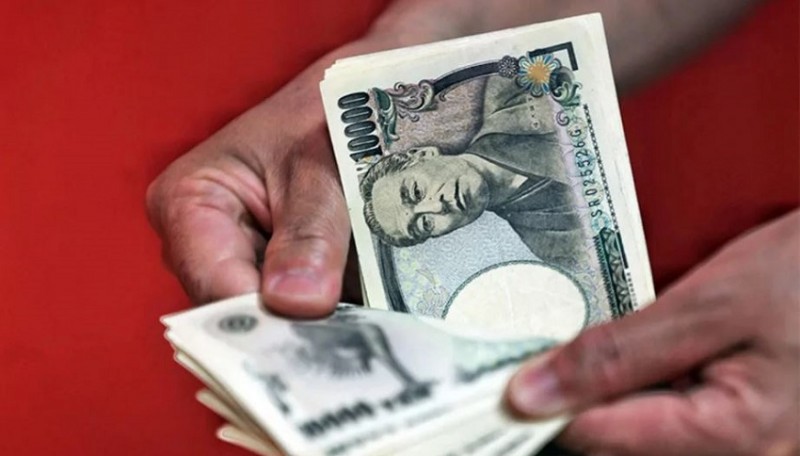
Japanese Yen Falls to 16-Year Low Against Euro - The Japanese yen took a significant dip, reaching its lowest point against the euro in 16 years. This drop came after the Bank of Japan signaled that it would maintain loose monetary policies even after stepping away from negative interest rates.
On the financial front, the yen hit a low of 164.48 against the euro, marking its weakest performance since 2008. This decline was attributed to the substantial gap between interest rates set by the European Central Bank and those set by the Bank of Japan. This gap prevented traders from shifting their attention away from Europe to Japan.
The Bank of Japan's decision to increase interest rates on March 19, the first such increase in 17 years, did not bolster the yen as expected. Additionally, the bank announced the end of its bond yield control and the purchase of risky assets, signaling a departure from its ultra-loose monetary policy. However, this move was viewed as dovish by experts, as it was widely anticipated, and the bank's leadership expressed no urgency in further raising borrowing costs.
Analysts noted that while inflation had surpassed the bank's two percent target for nearly two years, the decision to increase rates came amidst a fragile economy and uncertain outlook.
While the yen's value against the euro declined, it also weakened against the US dollar, falling to over 151 yen per dollar, compared to around 149.3 yen prior to the March 19 decision.
Market analysts interpreted the Bank of Japan's decision as a cautious one, leading to the yen's underperformance. They anticipate a significant shift if the eurozone's economic data improves, possibly pushing the yen past 165 per euro.
Gold Surges to Record High of Rs.66,778 Amidst US Fed Decision: Experts Weigh In
IMF Reaches Agreement with Pakistan on USD 3 Billion Bailout Tranche